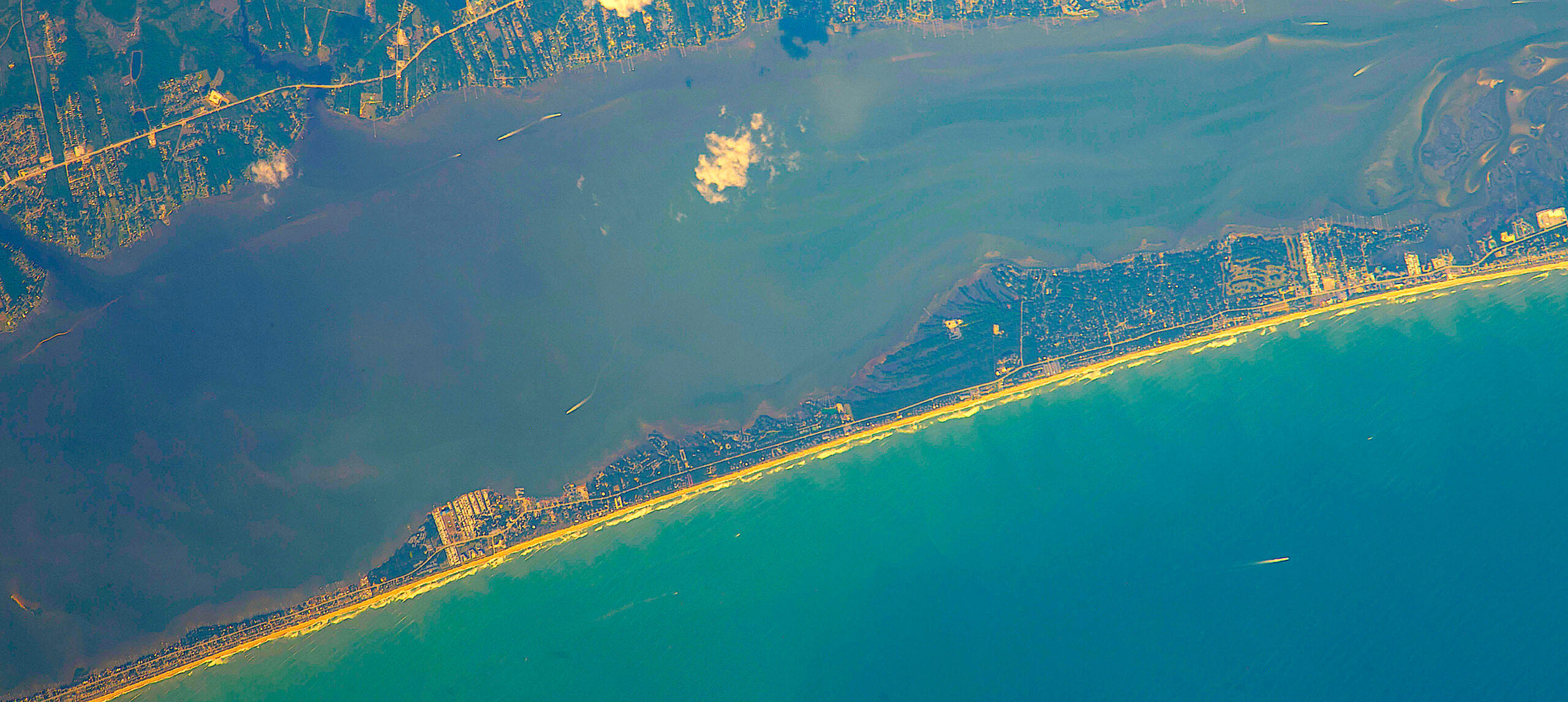NC Sea Grant Announces New Core Research Projects

Contact:
Katie Mosher, kmosher@ncsu.edu
John Fear, jmfear@ncsu.edu
Research teams across the state recently have begun work on North Carolina Sea Grant’s new core projects. Scientists are applying innovative approaches to coastal resilience, climate change, flooding, disaster recovery, sustainable fisheries and aquaculture, environmental literacy, and more.
“Our core research examines real-world needs of our coastal communities and ecosystems,” says Susan White, executive director of North Carolina Sea Grant. “We are pleased to have so many multidisciplinary collaborations that address our program’s strategic focus areas.”
The projects include lead researchers from NC State University, the University of North Carolina at Chapel Hill, East Carolina University, and the University of North Carolina Wilmington. In addition, Chowan University, Duke University, Rural Forward NC, Audubon NC, and state agency partners play key roles. Most projects provide student support and training opportunities.
Funding for the research is from NOAA through the National Sea Grant College Program, along with matching funds from the state and the campuses leading the respective projects. The following studies will run through early 2024:
Assessing Long-Term Water Temperature Patterns in North Carolina Estuaries: A Key for Gauging and Predicting Ecosystem Health in an Era of Global Change
Joel Fodrie, University of North Carolina at Chapel Hill, principal investigator
Trickle-Down Effects of Increasing Coastal Sediment Loads on Tidal-Creek Levee Morphology, Salt-Marsh Platform Accretion, and Resilience to Sea-Level Rise Since AD 1900
Antonio Rodriguez, University of North Carolina at Chapel Hill, principal investigator
Identifying the Drivers of Chronic Coastal Flooding: A Community-Centric Approach
Katherine Anarde, North Carolina State University, principal investigator
JustWater: Policy Leadership and Environmental Justice During Disaster Recovery
Bethany Cutts, North Carolina State University, principal investigator
Assessing Spatial and Temporal Controls on Sediment Transport in Currituck Sound
David Lagomasino, East Carolina University, principal investigator
Understanding the Effects of a Newly Discovered Trematode Parasite on Wild and Cultured Bay Scallop Production
Julia Buck, University of North Carolina Wilmington, principal investigator
Potential Impacts of Marine Dredging on Key Commercial and Recreational Fish and Shellfish: Informing Decisions Regarding Mitigation and Seasonal Closures of Dredging to Maintain North Carolina’s State Ports
David Eggleston, North Carolina State University, principal investigator
Assessing Influence of Sea-Level Rise Induced Salt Intrusion and Associated Circulation Change on Southern Flounder Recruitment Processes in Albemarle-Pamlico Sound
Qianqian Liu, University of North Carolina Wilmington, principal investigator
Multi-Trophic Waste Management for Finfish Mariculture in Land-Based Recirculating Aquaculture Systems Using the Salt-Tolerant Halophyte Salicornia virginica
*Md Shah Alam, University of North Carolina Wilmington, principal investigator
Developing a Model for Supporting Coastal Resilience through Youth-Led Coproduction
Kathryn Stevenson, North Carolina State University, principal investigator
For updates, follow North Carolina Sea Grant’s Twitter and Facebook feeds, and check back here.
funding opportunities at North Carolina Sea Grant
ncseagrant.ncsu.edu/funding-opps
*updated PI
##
lead photo: courtesy of NASA.


